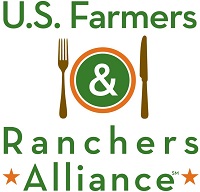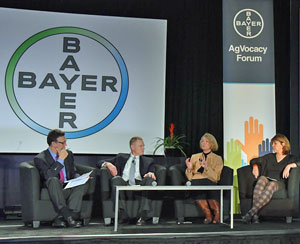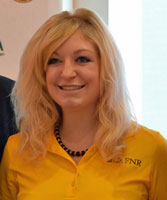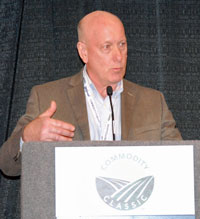 Twenty-five more farms have joined in on the groundbreaking research effort from Soil Health Partnership (SHP) that could change the way farmers take care of their land.
Twenty-five more farms have joined in on the groundbreaking research effort from Soil Health Partnership (SHP) that could change the way farmers take care of their land.
SHP works to test and measure farm management practices that improve soil health, such as growing cover crops, practicing conservation tillage like no-till or strip-till, and using sophisticated nutrient management techniques.
The program’s goal is to quantify the benefits of these practices from an economic standpoint, showing farmers how healthy soil benefits their bottom line. In just two years of operation, the organization has quickly grown strong. They have hosted two highly attended Soil Health Summits, and farmer support for the program continues to increase.
Once enrolled, field managers from the partnership work with farmers to determine what practices might work best on their farms. They help the farmer gather soil, planting and tillage data from test plots. The program started with 20 demonstration farms in 2014, and with the recent addition of 25 new demonstration farms, the latest number of project participants is 65. The goal is to eventually see that number increase to 100. Once a grower enrolls, the test site is included in research for five years. The new farm sites are located in eight Midwestern states, mainly focused throughout the corn belt.
SHP announced the addition of the new test sites during the 2016 Commodity Classic, where they also hosted a learning session that allowed industry professionals an opportunity to learn more about the farmer-led conservation initiative of the National Corn Growers Association (NCGA). SHP also hosted a panel of farmers who have worked with the organization, allowing them to highlight how the organization has impacted their individual operations.
“We’ve got a great network of demonstration farmers that have been enrolled in the project, and we’ve been taking soil samples and collecting yield data and economic data on all of those farmers,” said Elyssa McFarland, Iowa Field Manager, during an interview at Commodity Classic. “We’ve done a great job of getting out there and having events and talking to different people to get the word out their about soil health and how it is affected by management.”
Listen to my full interview with Elyssa here:
Interview with Elyssa McFarland, Soil Health Partnership
















